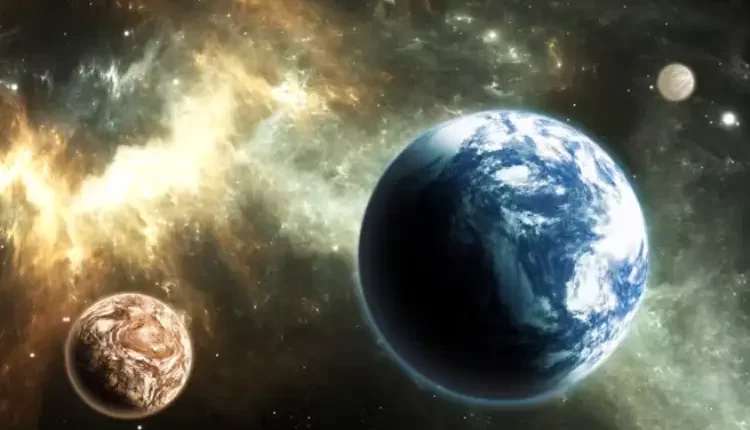New Delhi: To the grief of researchers, a devastating new discovery has brought a dire warning that the Earth might suffer a desperate depletion of oxygen in the next billion years and could end human civilization. This disturbing result is the result of a publication in the journal Natural Geoscience detailing the behavior of atmospheric gas production and the potentially dramatic changes that may happen.
The research team, consisting of Kazumi Ozaki, used biogeochemical and climate models to explore the effects of changes in climate, biogeochemistry, and geology on the history of the atmosphere of the planet. Their findings indicate that as oxygen levels diminish, methane gas will increase dramatically, creating a hostile environment for aerobic life forms.
Ozaki said, “We found that deoxygenation process is inescapable and will be promoted by the solar activity that is increasing. This will result in increased solar energy production and a great reduction in the atmospheric levels of oxygen. According to the study, this phenomenon may occur over the next billion years as solar radiation change and stellar temperature rise.
The implications of this research are profound. Scientists speculate that with the sun getting older and hotter, it will produce increased energy with consequences on the equilibrium of atmospheric gases. The study draws parallels to historical events, particularly the Great Oxidation Event that occurred around 2.4 billion years ago when atmospheric oxygen levels plummeted.
Scientists cite the potential of both extreme heat and volcanic eruption to make Earth uninhabitable for mammals (and by extension, humans). According to the study, some sections of the Earth could be underwater due to extreme temperatures, where the temperatures reach 50°C (122°F) in some areas. Such conditions would make survival nearly impossible for many species.
Results also suggest that with decreasing oxygen levels up to anoxic conditions, greenhouse gases will increase, further accelerating global warming. Both enhanced solar radiation and volcanic activity will exacerbates these effects, increasing the challenge for life to persist on the planet.
Chris Reinhard, an Earth scientist at Georgia Institute of Technology, focused on the dramatic potential decline in measured oxygen. He noted that future oxygen levels could plummet to one million times lower than current levels, rendering Earth inhospitable for aerobic organisms.
This research not only raises concerns about Earth’s future but also has significant implications for the search for extraterrestrial life. As astronomers seek habitable planets beyond our solar system, they must reconsider their reliance on oxygen as a primary biosignature for life.
In summary, while scientists continue to explore life on other planets, this study serves as a stark reminder of Earth’s fragile environment and the urgent need for sustainable practices to protect our planet’s atmosphere before it is too late.



Comments are closed.